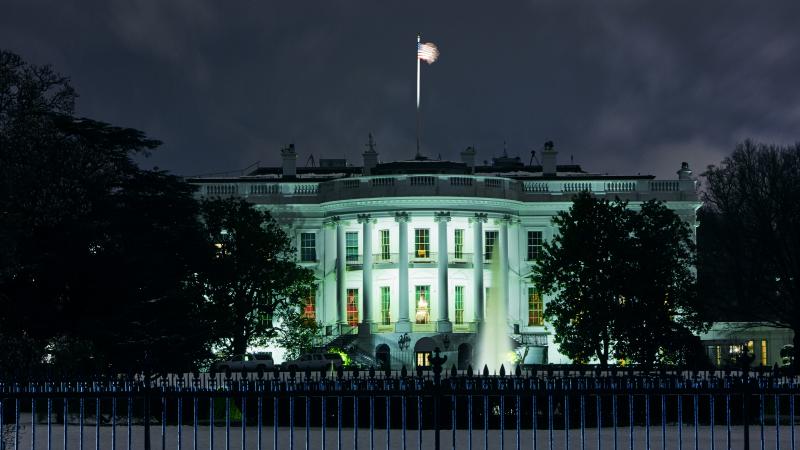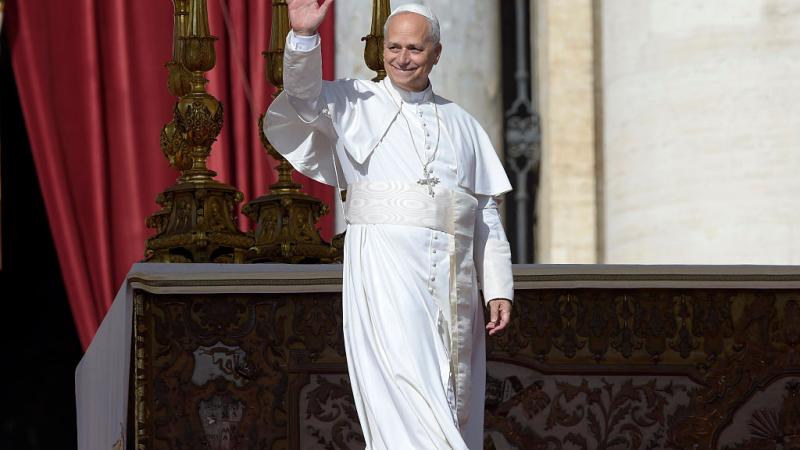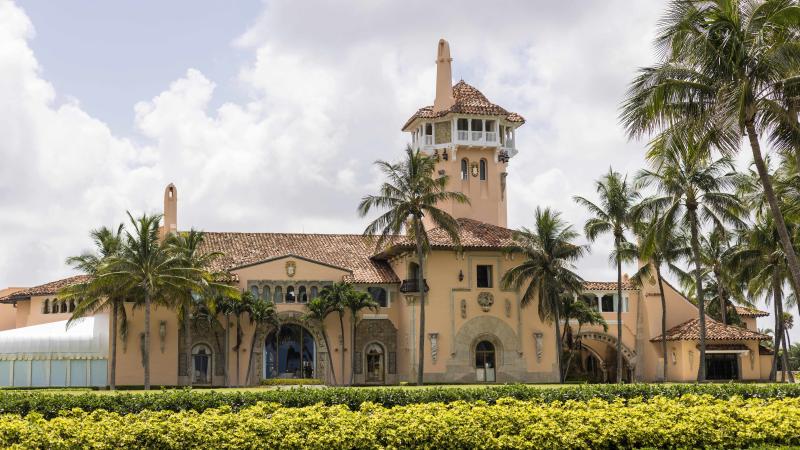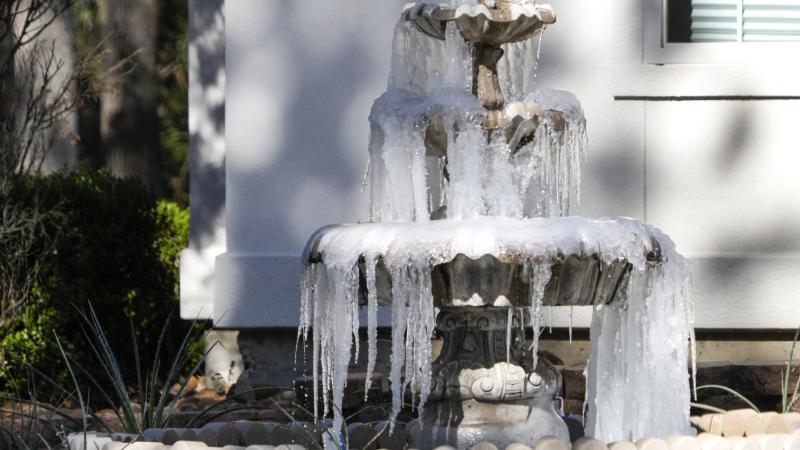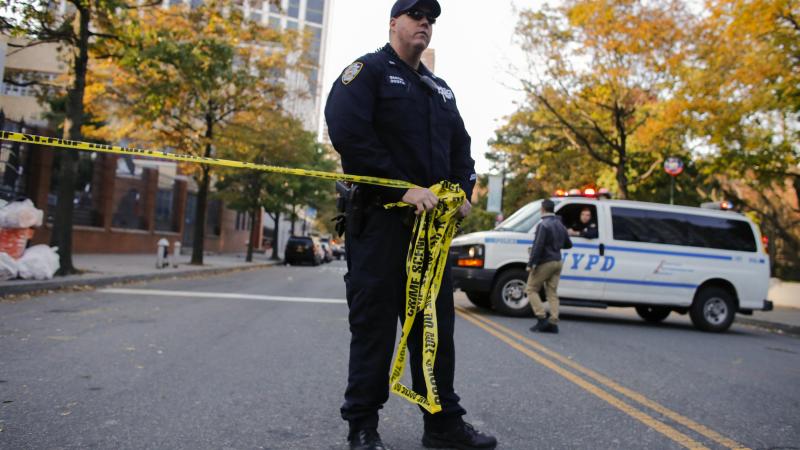Christian baker punished for refusing lesbian wedding cake asks SCOTUS to close California loophole
"First Amendment rights will vary dramatically by location, even between state and federal courts within California," if SCOTUS doesn't resolve two splits in lower courts. Justice Scalia 1990 opinion should be junked, petition says.
Religious professionals who design custom creations for weddings and other celebrations breathed a sigh of relief after the Supreme Court twice rejected Colorado's attempts to force a baker and web designer to design same-sex wedding cakes and websites and twice ordered Oregon courts to re-evaluate litigation by another cake shop.
Now they may be sputtering with disbelief as the Golden State claims to have found a loophole in the SCOTUS precedents: allegedly "predesigned" creations based on sample books and displays, also used in tattoo parlors.
Cathy Miller of Bakersfield's Tastries petitioned the high court to review a California appeals court's reversal of a trial ruling for Miller, against the compelled creation of a lesbian wedding cake as a violation of her "pure speech," after the state Supreme Court declined to review it.
Among the three questions her lawyers presented to SCOTUS is whether to reverse one of its most controversial precedents, authored by the late Justice Antonin Scalia against an ACLU client, which greenlit government suppression of religious expression under "generally applicable" laws and sparked state and federal "religious freedom restoration" laws.
SCOTUS has "repeatedly heard cases involving religious objections to participating in same-sex wedding ceremonies" in recent years, says the petition by religious liberty firms LiMandri and Jonna, the Thomas More Society and Becket.
"Indeed, this case is Exhibit A for how lower courts continue to manipulate the general applicability standard" of Scalia's 1990 opinion Smith, which if overruled would "put an end to that stubborn resistance to this Court’s rulings once and for all," the petition says.
Like King Nebuchadnezzar ordering the Israelites Shadrach, Meshach, and Abednego to bow down before his gold statue in the Book of Daniel, California "still wants to put Cathy Miller to the test," in an eight-year civil prosecution to compel her to bake for gay weddings "despite her undisputedly sincere religious objections" or give up her business.
By claiming the lesbian wedding cake she refused to make "conveyed no particularized message about the nature of marriage" that exempted it from the state public accommodations law, the California appeals court deepened two splits among states and federal appeals courts.
The first concerns whether "all compelled speech triggers strict scrutiny," the most demanding judicial standard for governments, or just compelled speech "viewed as an endorsement by a reasonable observer." The second split is whether courts "must consider all secular exemptions" when determining general applicability under the free exercise clause, or a subset.
Without resolution from on high, "First Amendment rights will vary dramatically by location, even between state and federal courts within California," worsening conflicts with conscientious objectors "because it will reward government officials for continuing rather than resolving these conflicts," the petition says.
Same symbolic value as American flag
Like Jack Phillips' Masterpiece Cakeshop in Colorado, Miller's Tastries refuses to design a range of messages at odds with her Christian faith, turning down genitalia-themed cookies and cakes that were "gory," "adult," promoted marijuana and even announced a divorce, the petition says. Her current design standards, updated yearly, also prohibit pagan content.
The week-long trial found that "all" of Miller's wedding designs — several of which are depicted in the petition — are "pure speech" supporting heterosexual marriage, "labor-intensive, artistic and require skill to create." Her participation from design to wedding setup is "expressive conduct … very likely to be understood" as supporting that particular marriage.
The appeals court overruled that whole interpretation of the factual record, an unusual step, saying the lesbian couple sought only a "nondescript, plain white cake with a multi-purpose design" that did not "primarily" express anything by Miller and "virtually no one would have understood" Miller's cakes as an endorsement of heterosexual marriage.
It shocked Miller by claiming that California's compelled cake design would pass strict scrutiny because of its "compelling interest in ensuring full and equal access to goods and services irrespective of sexual orientation and there are no less restrictive means for the state to achieve this goal," despite Tastries' referral relationship with a gay-affirming bakery.
The lesbian couple in fact got their cake from that referral, but their lawyer advised them to ask the baker, a former Tastries employee, not to post it on Instagram, the petition says.
The petition repeats much of the factual background in Miller's unsuccessful petition to the California Supreme Court, such as the harassment and threats of violence she and her employees faced after the denied lesbian couple went on the social media blitz.
The night before the preliminary injunction hearing, an employee was "violently assaulted behind the bakery by a man who referred to this litigation during the attack" and Miller's laptop with a Tastries logo was stolen out of her car, Miller has claimed in legal documents.
California joined Washington and New Mexico courts by holding that wedding professionals are unlikely to be understood as endorsing the events they serve, and "but for this Court’s repeated intervention" by granting, vacating and remanding (GVR) rulings against Melissa Klein and her Sweet Cakes by Melissa, "Oregon would be in this split as well."
The petition warned Oregon courts might flout SCOTUS a third time, with no ruling following the latest GVR 19 months later.
By contrast, federal appeals courts covering Arkansas, Connecticut, Iowa, Minnesota, Missouri, New York, Nebraska, North Dakota, South Dakota and Vermont as well as the Arizona Supreme Court sided with creative professionals against compulsion, without any consideration of a third party's likely understanding of the creation's message.
The petition reminded the justices that "several" of them "have recognized the inherently symbolic function of a wedding cake," comparing it to the American flag, whose compelled salute in public schools was prohibited by SCOTUS eight decades ago.
The appeals court's ruling contradicts the high court's wedding-website ruling from just two years ago," which said "original, customized" creations that incorporate various "modes of expression" to "celebrate and promote" a particular view of marriage are protected speech, the petition said.
It quoted Justice Clarence Thomas's concurrence in Masterpiece, which said an "average person" would "immediately know that he had stumbled upon a wedding" by entering a room with a "white, multitiered cake." Anyone who received a card with "just a picture of a wedding cake on it" would know it meant "Congratulations on your wedding," Thomas said.
If SCOTUS adopts the third-party endorsement test, it would resurrect the "endorsement test offshoot" from the "zombie precedent" Lemon that the high court explicitly rejected in 2022's ruling for high school football coach Joe Kennedy's postgame midfield prayers, imposing a “modified heckler’s veto" that considers "perceptions" of protected activity, the petition says.
The Facts Inside Our Reporter's Notebook
Videos
Links
- Colorado's attempts to force a baker and web designer
- design same-sex wedding cakes and websites
- twice ordered Oregon courts
- petitioned the high court
- California appeals court's reversal of a trial ruling
- one of its most controversial precedents
- ACLU client
- greenlit government suppression of religious expression
- zombie precedent
